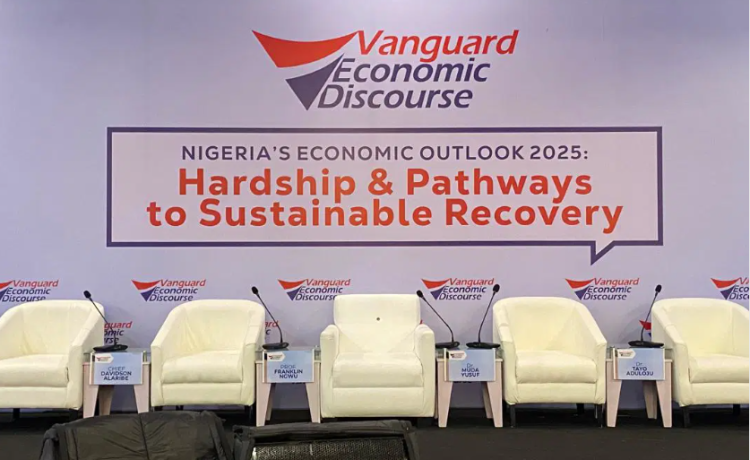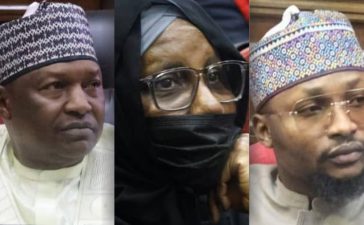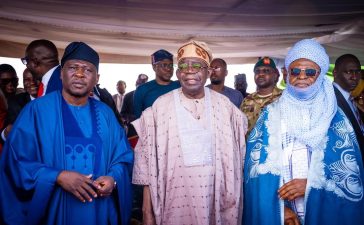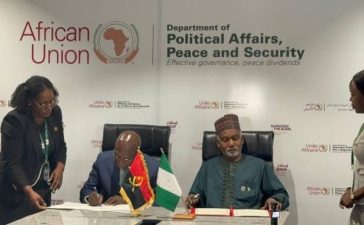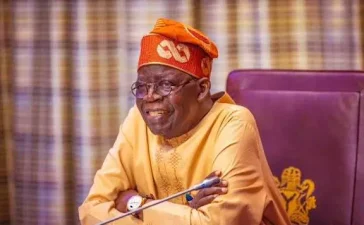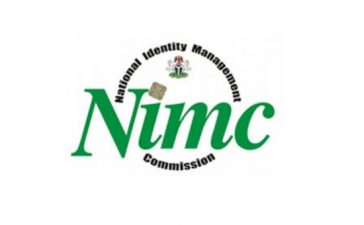At the 2025 Vanguard Economic Discourse held in Lagos, economists and industry leaders raised alarms over Nigeria’s economic prospects, warning that 2025 will be marked by turbulence and uncertainty due to global trade tensions and local policy failures.
The discourse, with the theme “Nigeria’s Economic Outlook 2025: Hardship and Pathways to Sustainable Recovery,” drew prominent figures from both the public and private sectors. The event, chaired by Mr. Dele Oye, President of the National Association of Chambers of Commerce, Industries, Mines and Agriculture (NACCIMA), highlighted the deep concerns shared by the panelists regarding the nation’s economic trajectory.
Dr. Yemi Kale, former Statistician General of the Federation and current Group Chief Economist of the African Export-Import Bank, delivered the keynote address, emphasizing the turbulence in the global economy. He pointed out that the ongoing tariff war, particularly the recent measures by the United States, has complicated the situation for Nigeria, exacerbating existing vulnerabilities within the country.
“The world is in flux, the signals are mixed, and the outlook is riddled with contradictions,” Dr. Kale said. “In this environment, planning becomes exponentially more difficult. For developing economies like Nigeria, which are already navigating structural and institutional weaknesses, this turbulence creates profound challenges.”
Rising Global Trade Tensions and Their Impact on Nigeria
As global economies brace for the effects of the trade war, particularly between the U.S. and China, Dr. Kale warned that these challenges would have severe repercussions for Nigeria, especially in terms of its exports. The introduction of a 14% tariff on Nigerian goods exported to the U.S. risks jeopardizing vital revenue streams, including crude oil and agricultural exports.
The conversation quickly turned to the need for Nigeria to redefine its economic strategy in light of these global developments. Dr. Kale stressed that traditional policy responses may no longer suffice. “We need a reorientation of our economic strategy, focused on structural reforms and human-centered development,” he urged.
The Path to Economic Sovereignty
In his opening remarks, Mr. Dele Oye highlighted the importance of Nigeria seeking economic sovereignty. He pointed to the challenges posed by the U.S.’s protectionist policies, emphasizing that developing countries like Nigeria are increasingly vulnerable to such global shifts.
“We must confront the reality of a world where trade barriers and protectionism dominate,” Oye said. “Now is the time for Nigeria to reshape its economic future, focusing on homegrown solutions and resilience.”
Calls for Policy Reforms and Collaborative Engagement
At the event, Dr. Tayo Aduloju, CEO of the Nigeria Economic Summit Group (NESG), attributed Nigeria’s economic struggles to the failure to pursue a national development program. He argued that political and business elites have, through action or inaction, hindered the country’s economic growth.
“Real economic progress requires strong political, economic, and social institutions, led by transformative leadership,” Aduloju said, calling for a stronger partnership between the private sector and government to drive meaningful change.
Similarly, Dr. Muda Yusuf, CEO of the Center for Promotion of Private Enterprise, warned against relying solely on market principles for economic development. He stressed the need for government intervention in critical sectors like energy and education to ensure sustainable growth and reduce poverty.
Manufacturers Struggling with High Energy Costs
Ms. Demi Samande, CEO of Majours Holdings, shed light on the challenges faced by Nigeria’s manufacturing sector. She revealed that energy costs account for approximately 40% of manufacturers’ revenue, a stark contrast to global competitors who spend significantly less on energy.
“This high cost of energy is stunting growth for SMEs and increasing production costs,” Samande said, urging the government to address energy inefficiencies to support local businesses.
Government’s Role in Infrastructure Development
The discourse also touched on the need for Nigeria to prioritize infrastructure development through strategic borrowing. Chief Davidson Alaribe, President of the Institute of Chartered Accountants of Nigeria (ICAN), emphasized that the government should focus borrowed funds on infrastructure rather than recurrent expenditures, which he deemed unsustainable.
Small Businesses Urged to Collaborate on Economic Policies
Dr. Femi Egbesola, President of the Association of Small Business Owners in Nigeria (ASBON), called for a more collaborative approach to policy creation, highlighting the need for both the public and private sectors to engage in the co-creation, monitoring, and evaluation of economic policies to ensure sustainable development.
Conclusion
The 2025 Vanguard Economic Discourse concluded with a call for comprehensive reforms and a collaborative effort to address Nigeria’s economic challenges. As the global economic landscape continues to shift, experts remain concerned about Nigeria’s ability to navigate these uncertain times without a clear, unified strategy for long-term growth.

